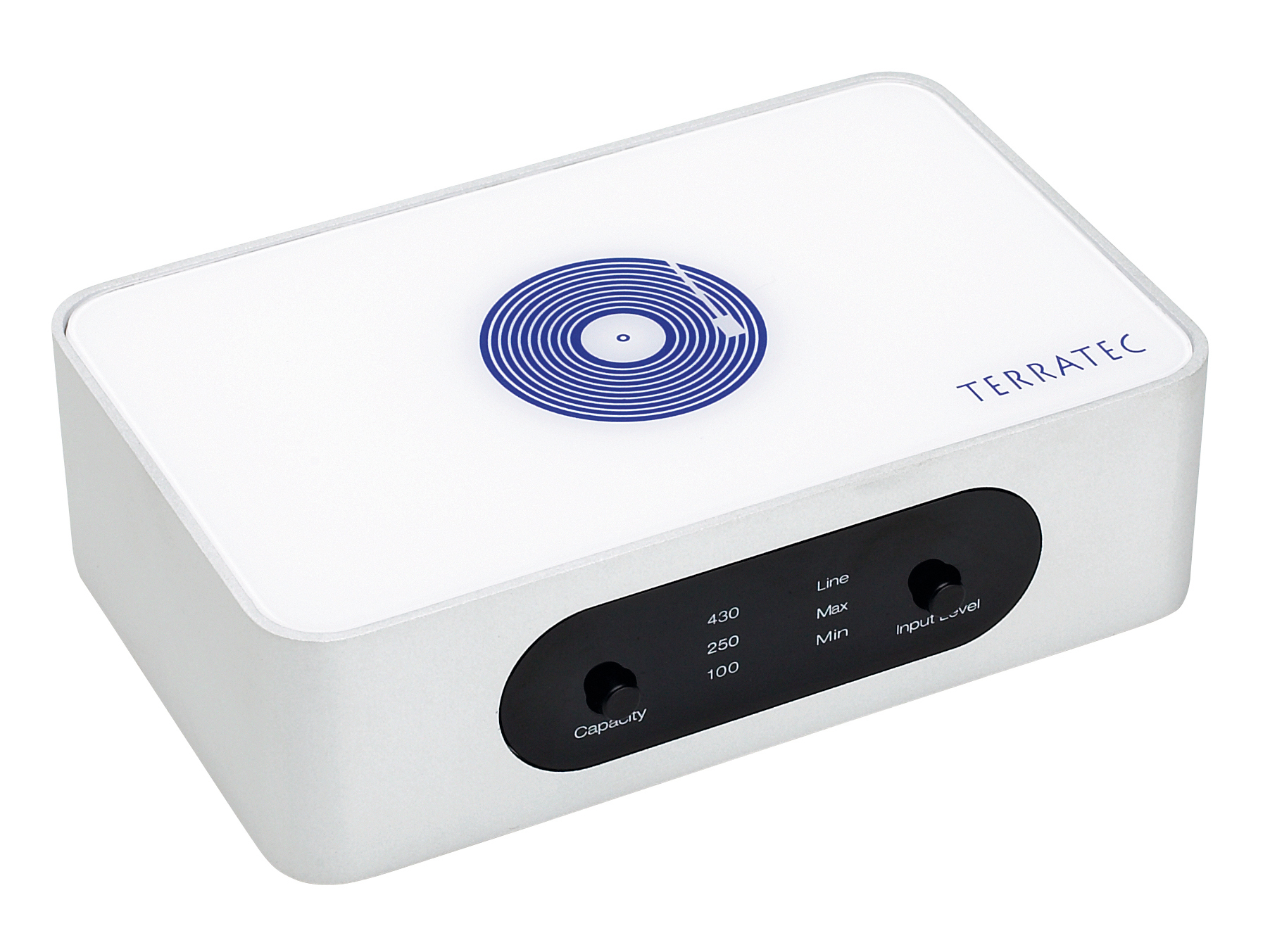TechRadar Verdict
An easy way to get vinyl onto your PC, but one that is bettered by a decent sound card and your existing phono stage
Pros
- +
Good overall results
Cons
- -
Poor software
Why you can trust TechRadar
The iVinyl is a simple solution for those looking to record and save their LP (or cassette) collection onto a digital format. It features a phono stage with a line-level option, the output of which then transfers along USB 2.0.
So, the iVinyl sits between a turntable and computer with USB input. It draws power from the computer itself and does not need a separate soundcard to record (although a soundcard is needed to hear what you record, of course).
The iVinyl has curious selectors for 'capacity', denoted simply as '100', '250' and '430'. In fact, these refer to the cartridge's capacitance and traditionally carry the suffix 'pf' for picofarads. There are also three 'input level' settings marked 'line', 'max' and 'min'.
These are not referred to in the literature, but would seem to indicate gain. However, this is a moving magnet-only device, with the 'line' setting reserved for cassette decks or other analogue sources.
The iVinyl comes with two software discs, Algorithmix Sound Rescue for PCs and Roxio Spin Doctor for Macs, for both burning and vinyl de-clicking.
But, you can use any software you wish. We struggled to keep Spin Doctor up and working on a Mac and reverted to using Audacity to make vinyl recordings. We then attempted to use the Spin Doctor noise reduction system to de-click what seemed like emphasised noise from classical vinyl. Unfortunately, it wouldn't play ball.
However, results in general were pretty good. That said, the improvement here was in part because we were using a better turntable and cartridge, rather than iVinyl being a better phono stage.
If you already have a turntable we would venture that you also have some kind of phono stage, be it standalone or in an amplifier. Taking a line out from this into a good soundcard will, we strongly suspect, give rather better results than either.
Tech.co.uk was the former name of TechRadar.com. Its staff were at the forefront of the digital publishing revolution, and spearheaded the move to bring consumer technology journalism to its natural home – online. Many of the current TechRadar staff started life a Tech.co.uk staff writer, covering everything from the emerging smartphone market to the evolving market of personal computers. Think of it as the building blocks of the TechRadar you love today.
